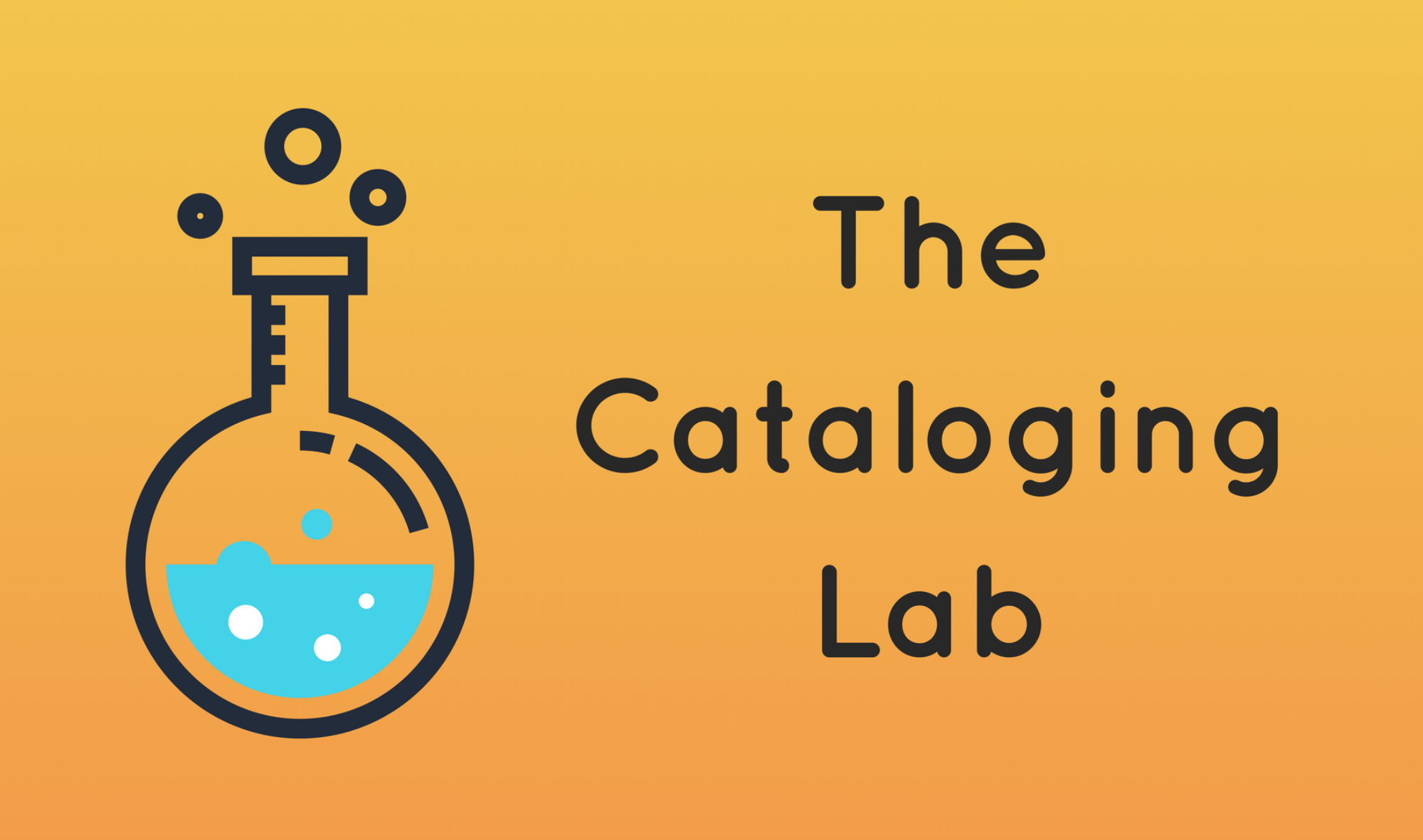Hello! I am trying out a new idea for keeping folks up to date on #critcat efforts with a monthly roundup of news. #critcat is short for critical cataloging, an effort focusing on discussing the ethical implications of library metadata, cataloging, and classification standards, practice, and infrastructure. (Critcatenate = “critcat” + “concatenate.”)
- The recording of the March 2021 webinar “Decolonizing Subject Headings and Collections part 2” is now available. Presenters Ann Hallyburton and Paromita Biswas answered questions from the audience focusing on practical aspects of addressing biases within cataloging and libraries.
- Multiple papers within the March 2021 issue of Catalogue & Index (published by CILIP’s Metadata & Discovery Group) touch on critcat topics:
- “Sizeist subjects: an investigation into sizeism in Library of Congress Subject Headings” by R. M. Waldorf & Jonathan Furner.
- “Making change that matters in the library catalog” by Laura E. Daniels, Jacqueline K. Magagnosc, and Margaret F. Nichols on the “Illegal aliens” LCSH.
- “Controlled vocabulary and authorities: problems everywhere” by Preston Salisbury and Joy DuBose, featuring challenges in maintaining & updating LCSH and lack of resources in cataloging efforts & training.
- “Collaborative working across the Atlantic: participating in the Subject Headings Working Group of the Cataloguing Code of Ethics” by Jennie-Claire Crate, describing the document’s creation/editing process.
- “The ethics of describing images: representing racial identities in photographic collections” by Paula Jeannet.
- “The Homosaurus” by Bri Watson, Chloe Noland, and Amber Billey is a description of how the LGBTQ+ thesaurus is maintained.
- A list of institutions making critcat-related changes was compiled by Helen Kim.
- A blog post from Ariel Robinson at the Chicago History Museum Research Center describes “Creating a Disability Studies LibGuide” as part of the museum’s ongoing critcat efforts.
- OCLC announced a new project named “Reimagine Descriptive Workflows,” designed to “interrogate the systems and structures libraries and archives rely on and to initiate reckoning with this painful history.”
- Librarians at multiple California community colleges published a post about their efforts to remove offensive words from their shared library catalog, including the “Illegal aliens” LCSH: “Changing Subjects: Two DEI Metadata Projects at CCC Libraries“. Their work also led to a stoplist of offensive terms in all Primo VE environments.
- Alissa McCulloch wrote a fascinating blog post describing problems wit the way a book by Indigenous Australians had been cataloged and suggesting alternative ways to design library catalogs: “Cataloguing the Songlines“.
- OhioLink shared the work done in their consortial catalog around the “Illegal aliens” heading, “OhioLINK adds alternative subject headings to Central Catalog MARC records“. I’d also recommend their Database Improvement and Discoverability Policy Team’s “Guidelines for Addressing Outdated or Offensive Subject Terms” for considerations in changing subject headings in a consortium.
- Kelsey George and Amanda Melilli presented “What’s in a Name?: The Impact of LGBTQIA+ Terminology in the Discovery of Inclusive Fiction for Young People in Curriculum Material Collections” at ACRL 2021.
Coming up:
- May 19-21: multiple critcat-related sessions at CAPAL21:
- May 19 “Confronting History and Facing Reality: The Role of Lifelong Learning in Decolonizing Cataloguing and Name Authority Control” presentation by Jeanine Berroteran
- May 19 “Indian in the Metadata: Unpacking Student Relationships with Terminology in Library of Congress Subject Headings” presentation by Christian Isbiste
- May 19 “Classifying Diversity: Composer Identities and the Composer Diversity Database” presentation by Gavin Goodwin
- May 20 “Desire in Sight: The Aesthetics of Knowledge Organization” panel discussion with Melissa Adler, Marni James, & Gregory Nightengale
- May 20: “Towards More Equitable, Diverse, and Inclusive Representation in Metadata and Digitization: A Case Study” presentation at NASIG 2021 by Stephanie Luke, Sara Pezzoni, and Whitney Russell.
Please get in touch if I’ve missed anything relevant, I’d be happy to add it to next month’s report!

This is great! Thanks for doing this!